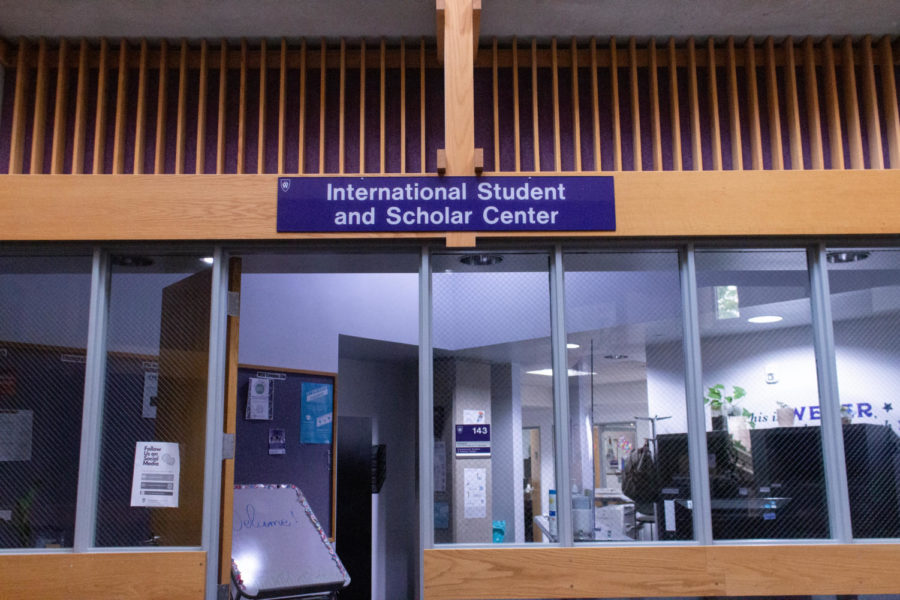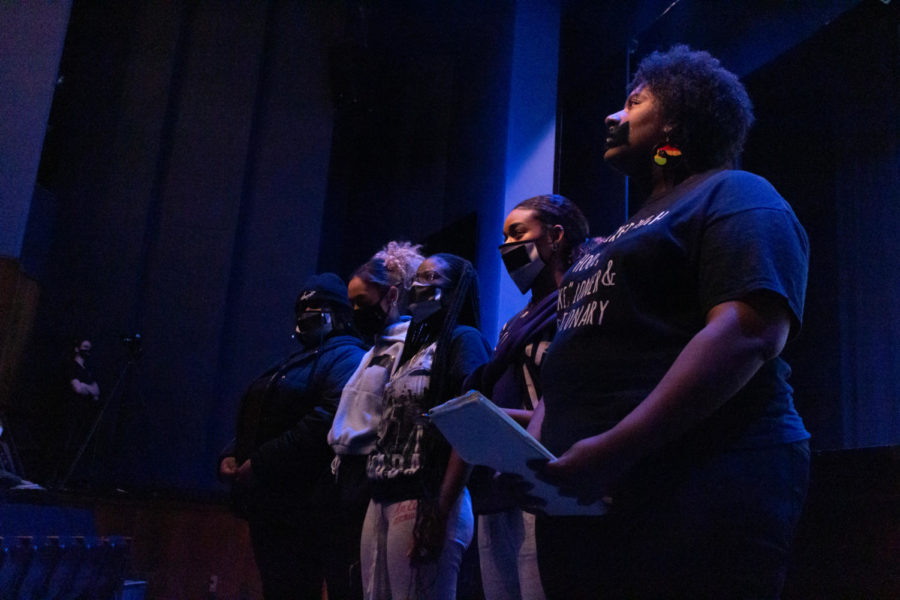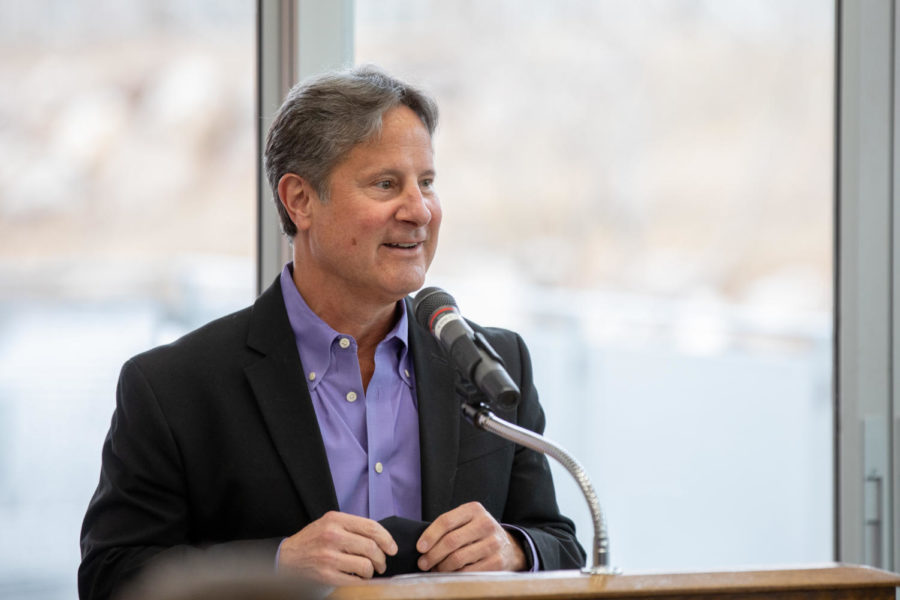Though many students take summers off, for others, school doesn’t slow down when the weather heats up. College is a year-round spectacle of learning, late-night studying and yes, summer school.
This isn’t the summer school for children, which is seen as a punishment. Students are able to choose their class loads to get done with their degrees faster if they please. Of course, taking classes in the summer is the last thing on students’ minds as they set foot on campus this fall and try to find their new classes, get comfortable with new living arrangements, or leave Mom and Dad for the first time.
Braxen McConnell, an incoming freshman, said he is excited to start college this fall but knows it may require more work than high school. Many incoming freshmen may have the same worries he does.
“I am probably the most excited to get started in learning about a career that I want to have in the future,” McConnell said. “I am either thinking something in business or medicine, I am not so sure. But I do have a small fear that I won’t be able to put up with all the work.”
Jerron Evans, a senior at WSU who will graduate this fall, has taken classes in both the fall and summer. He said he prefers attending classes in the fall because he feels he gets more out of the classes.
“It seems like I was able to attain the information a lot better in the fall classes than I did in the summer courses,” Evans said. “The biggest difference that I see between the classes are that, in the summer classes, I feel that the professors try to cram more information on us. I took a seven-week class, and they crammed what seemed like more information than I would have received in a 14-week fall course.”
Kathryn MacKay, a professor in the WSU History Department, said she loves the atmosphere and excitement the students bring when school starts in the fall.
“It seems that the students in the fall have a lot of energy, maybe because it’s the traditional time to go to school,” MacKay said. “They all start up with so much enthusiasm to have a great semester.”
Fall classes give students a chance to get to know more students and interact with others, as the normal class size is 24 students, but some professors said they enjoy their time teaching in the summer, as the class average is a mere 15 students.
Sian Griffiths, a professor in the English department, said she enjoys teaching in the summer, as she feels that the students are able to get a better grasp of the subjects. She said she gets just as much out of the course as the students do.
“During summer, they generally focus on one subject at a time and can allow themselves to really think obsessively about that one area,” Griffiths said. “I’m a big believer in embracing your inner nerd, and summer school lets us do that. The students and I get to really geek out about the course topic and learn about it on a deep level.”
Marek Matyjasik, a professor in the science department, said he feels the students who attend his classes in the summer are motivated and have a great attitude toward learning.
“The students that I see who mostly take my summer classes are really motivated. They either want to graduate sooner or just (like) learning all year,” Matyjasik said. “Weber is a great school to take some summer classes.”
The summer gives the students a chance to choose how heavy a load to take on, as the school offers two different options for class length: seven-week or 14-week classes.
“As a teacher, my goal is to embrace that aspect of summer and aim to help students achieve a profound and comprehensive understanding of the course topic, even though we’ll only have a short time together,” Griffiths said. “Whereas a fall or spring semester course evolves more slowly over time and allows a building of one concept on another, the summer course is brief but intense.”












